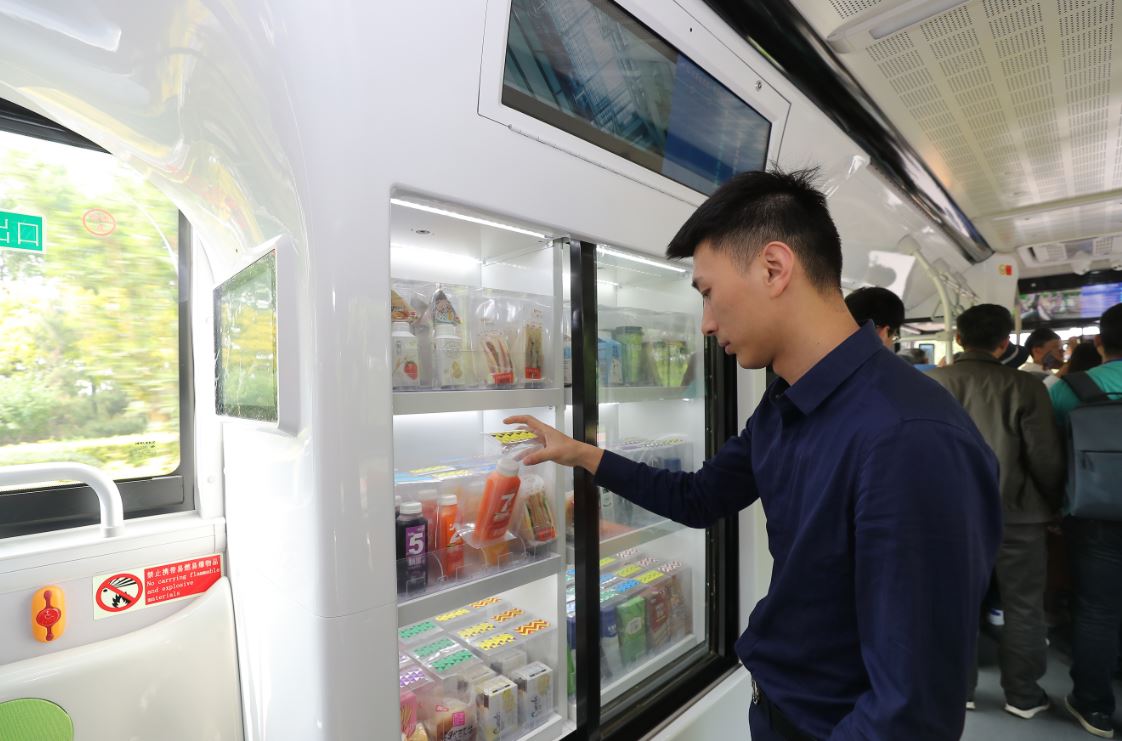AI-enabled transport benefits world
By He Wei in Shanghai | China Daily | Updated: 2019-11-04 09:30

Key breakthroughs have been made in academic collaboration. Under an agreement signed in September, DeepBlue will cooperate with scientists at the National University of Singapore to work in visual semantic reasoning, and semantic map and technology of autonomous positioning and navigation.
"We take this seriously because a lot of our core technologies come from working together with universities such as the NUS to harness important research results and apply them to everyday products," said Chen.
Huang Zhiyong, director of the Computing Translational Research and Development Centre under the NUS School of Computing, said: "Fundamental research into AI technology such as computer vision is a cornerstone. This strategic partnership will...create novel solutions that will benefit the society."
DeepBlue's international footprint can be traced back to last year, when it built three joint labs with the National Laboratory of Luxembourg, covering self-driving, intelligent manufacturing, and data and financial security.
Later, it inked an agreement this March with the Foundation Magna Grecia, an Italian financial institution, to create a local subsidiary and help Italian cities embrace the digital dimension using AI.
Chen said the company has entered into agreements with entities in Greece and Italy in the field of intelligent cities, aiming to introduce its indigenous palm vein recognition system in at least three European cities this year.
According to him, palm vein recognition is favored in these nations in light of privacy protection laws and is expected to be applied in the customs and medical realms.
But for AI to truly make progress, the technology should not function in pure prototypes in the lab. Instead it should serve to revolutionize daily lives and make businesses more profitable, Chen said.
Take the smart bus example: apart from self-driving, the vehicle promises to monetize the downtime of a daily commute, which Chen deemed as a genuine game-changer.
These include the installation of smart vending machines on buses and individual screens that entertain passengers with advertisements and other information.
"Commuters can also enjoy a better ride experience through personalized content and convenience," Chen said. "Adding in revenue from advertising content, bus providers can turn a traditionally loss-making venture into a profitable one, and that's where we believe the real innovation lies," he said.
"Our thinking around AI should be one of partnership and augmentation. AI should be used to help us make our work easier, and also allow us to pursue higher-order work."
























